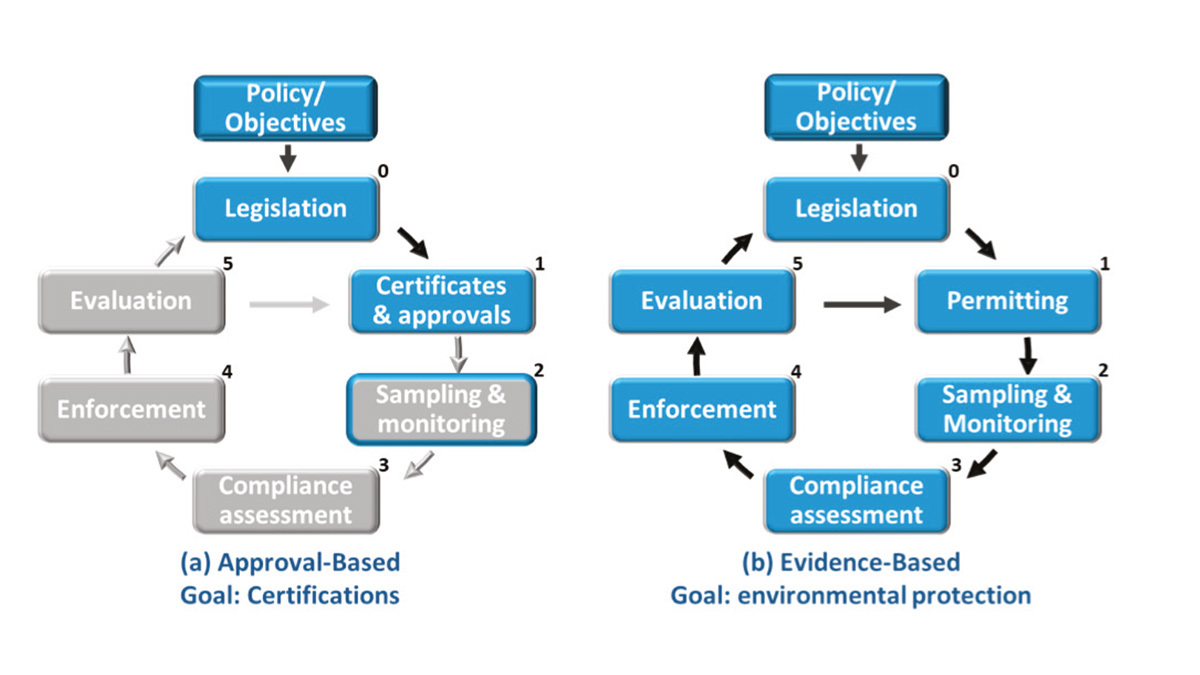Business Sectors
Events
Floating energy: successfully unlocking stranded gas using FLNGs and FSRUs
Contents
Register to read more articles.
Uncovering the employment challenges and pitfalls for maritime's international workforce
With 2024 the worst year on record with more than 3,000 seafarers stranded without pay or basic provisions, Reed Smith’s David Ashmore looks at employers’ HR and legal issues for maritime’s global workforce
The maritime industry is a cornerstone of global trade, relying on seafarers to keep goods moving across international waters. However, the sector has recently faced unprecedented challenges, particularly for onshore employees, seafarers and their employers. According to the trade union ITF, cases of seafarer abandonment surged by 136% in 2024, making it the worst year on record, with more than 3,000 seafarers stranded without pay or basic provisions.
In this article, Reed Smith employment lawyer David Ashmore examines key HR and legal considerations for employers managing internationally mobile workers. From compliance with labour laws and taxation to safeguarding employee welfare, navigating the complexities of a globally mobile workforce has never been more critical.
Diligence in engaging internationally mobile seafarers
In the maritime sector, vessels often traverse multiple jurisdictions, and seafarers may hail from various countries. This complexity necessitates meticulous diligence from employers before engaging internationally mobile seafarers. While many nations operate open labour markets, allowing employees to be engaged by entities not registered locally, employers must exercise caution. The chosen employing entity may be subject to the same tax, social security and employment law requirements as a local employer, depending on where it is operating.
There are complex rules applicable to taxation and social security arrangements for seafarers, which take into account the nationality of the employer, the flag state, the tax residency of the seafarer, where the seafarer is working, and where the employer has their business/registered office. In addition, some states have issues their own decrees requiring mandatory social security contributions to be made based on residency and time spent in a country.
Permanent establishment risk
For onshore employees, a critical consideration is the ‘permanent establishment’ risk. If there is no taxable presence in the place the employee is working, the employer will want to ensure it is not inadvertently bringing itself ‘onshore’ for corporation tax purposes in the country where the employee is working. This permanent establishment tax risk is a key issue when looking at the engagement model. Great care needs to be taken when choosing how to engage internationally mobile employees, whether through a local employing entity or their home country entity (or a third-party provider such as an employer of record).
HR operational challenges
Employing workers in foreign countries involves practical hurdles beyond legal and tax compliance. For example, many benefit providers will not accept payments from an overseas bank account, and setting up a bank account overseas in a place where an employer has no legal presence can be challenging. Careful diligence of these legal and compliance burdens and practical issues needs to be undertaken before deciding on how to engage internationally mobile employees.
Compliance with local labour laws
For onshore internationally mobile employees, an international assignment is a common way for an employee to be posted overseas. With these arrangements, the employer will want to ensure compliance with the local laws of the country where the employee is normally based, but it has the additional burden of ensuring compliance with the overseas host country’s labour laws. The general rule (regardless of what the employment contract says on choice of law) is that employees are protected by the laws of the country where they are normally working. These local mandatory employment rights (including dismissal protection) cannot be overridden by a choice of law clause in an employment agreement.
This can create confusion and legal risk where there are performance and conduct issues during the period of internal mobility. Anticipating this and building safeguards into the relevant employment documents is essential.
Beyond legal and tax compliance, it is prudent for companies to consider well-being when managing international mobility. Providing support such as health insurance, relocation assistance, housing, travel and school fees for dependents can be crucial to ensuring a successful international assignment.
Additionally, when employees move from low-cost to high-cost jurisdictions, employers may need to offer cost-of-living adjustments. These adjustments help maintain employees’ purchasing power by accounting for differences in everyday expenses such as housing, groceries and transport.
Recent developments impacting seafarers and employers
In response to ongoing challenges in the maritime industry, the UK government has introduced legislation to strengthen employment protections for seafarers. The Employment Rights Bill, introduced in Parliament in October 2024, aims to reinforce laws on collective dismissal while enshrining wage protections for seafarers in UK law.
Additionally, the Seafarers’ Charter, a voluntary agreement between the UK government and maritime operators, sets new standards to ensure fair treatment of seafarers. The charter requires employers to pay seafarers at least 1.25 times their basic hourly rate for overtime, provide full and indefinite contracts, and ensure access to social security benefits such as sickness pay, family benefits and medical care. It also mandates adequate training and development opportunities, fair roster patterns that prioritise fatigue management, mental health and safety, as well as sufficient rest periods between shifts and rosters.
Conclusion
With vessels operating across multiple jurisdictions and employees working under diverse legal frameworks, employers must take a proactive approach to risk mitigation. From understanding permanent establishment tax risks to ensuring compliance with local labour laws, the complexities of international employment demand meticulous planning.
By adopting a strategic and well-informed approach, employers can navigate the challenges of international mobility while fostering a fair and stable working environment for seafarers.
Sign up for Riviera’s series of technical and operational webinars and conferences:
- Register to attend by visiting our events page.
- Watch recordings from all of our webinars in the webinar library.
Related to this Story
Events
Floating energy: successfully unlocking stranded gas using FLNGs and FSRUs
© 2024 Riviera Maritime Media Ltd.









